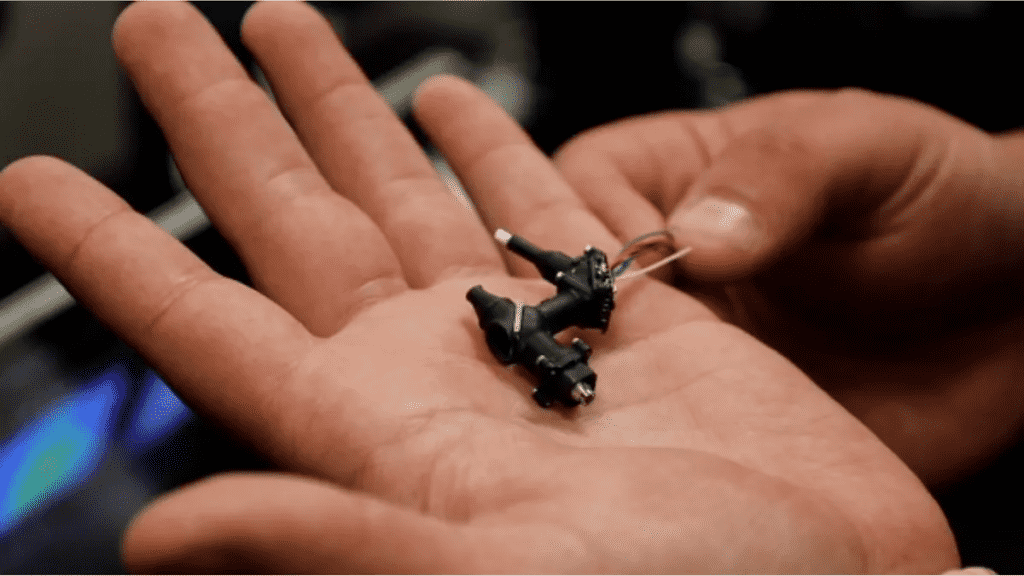Brain researchers at the University of California, Los Angeles (UCLA) have been awarded a $4 million grant for the miniscope they developed to better observe brain activity in animals. The grant was given by NIH Brain Initiative to develop next-generation versions of their “miniscope.”, which will support the design, manufacturing, and distribution of two types of new two-photon miniscopes.
The miniscope is about 1 (2,54 cm) inch tall and weighs less than 4 grams. It can capture neuronal activity by sitting on a baseplate placed over an animal’s head. The data, which are sent via a thin wire to a computer for analysis, allow for better observation of brain activity.

“These are very important tools that can be transformative for any neuroscience question that requires looking at the activity of large populations of brain cells in freely behaving animals,” said Dr. Peyman Golshani, a professor of neurology at UCLA and the grant’s principal investigator.
According to UCLA Newsroom, the miniscope has been used in more than 500 labs since it was built by UCLA researchers 10 years ago. Researchers can now more easily observe animals’ brain function, social behavior, memory, and other neurological functions with the miniscope.
They will produce higher-resolution images than previous versions and enable researchers to see the fine structure of connections in the brain, rather than just the cell bodies. One miniscope will be light enough to be worn by a mouse and have a larger field of view than any similar microscope, and the other can be worn by a rat and image thousands of brain cells simultaneously.
Besides Dr. Peyman Golshani, other UCLA professors, including Daniel Aharoni, Tad Blair, Anne Churchland, and Alicino Silva support the project. Collaborators include Julie Bentley of the University of Rochester, Matthew Shtrahman of UC San Diego and Alipasha Vaziri of Rockefeller University. Blake Madruga, a UCLA graduate student in neuroscience, played a key role in designing, building, and testing the new miniaturized microscopes.
The BRAIN Initiative also previously awarded the UCLA miniscope’s early version with $3.7 million.


